The Feasibility Of Pivoting
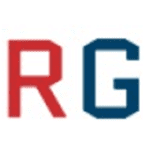
The Challenge
RecyGen is a biotech business with a strong social and environmental mission. Until now, RecyGen aims have been to provide food chain independence for all countries in the world mainly through the industrial plants producing alternatives to soy and corn-based animal feed. RecyGen is now looking to expand into textile recycling, specifically in Colombia. While Colombia is known to be a large developer of textiles in Latin America, it is not clear what happens to these textiles post-production.
Our Associate Research Consultants, an interdisciplinary team of PhD researchers from academic institutions across the UK, were tasked with conducting research to determine if there is enough textile waste in Colombia to justify the creation of a recycling plant and understand the attitudes of the Colombian government and Colombian people towards this proposition.
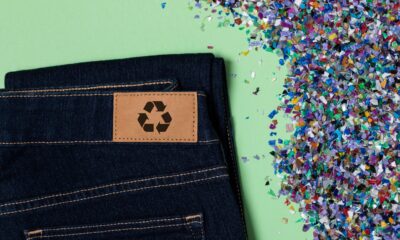
Objectives
1. Identify the recycling behaviour in Colombian households and its drivers (i.e. motivation and expected rewards)
2. Understand the volume of textile waste being created by textile businesses in Colombia, its potential for recycling, and availability to determine the feasibility of a recycling textile plant and the optimal location for a plant
3. Confirm the rate of textile recycling compared to the recycling of other materials in Colombia and the Colombian government’s impetus to promote/invest in recycling compared to other priorities
Approach
1. Complete a document analysis, focusing on Colombia’s waste management policies, international treaties that have impacted policies and goals for the next decade, and government data to understand the context and indicative volumes of waste in Colombia.
2. Conduct a literature review of the ten most relevant contributions to supplement the document analysis and provide more insights into the rate of textile recycling and the Colombian government’s attitude towards it.
3. Design and distribute a survey to Colombian households to understand recycling perceptions, emotions, and behaviours and build upon existing insights into volumes of household textile waste and its potential for recycling.
4. Design and deliver semi-structured interviews with representatives of the textile business in Colombia to understand the amount of textile waste they produce/collect; identify suitable locations for a recycling plant in Colombia; and gather more information about current initiatives, challenges and opportunities.
Impact
The project team was able to confirm the volumes of textile waste available in Colombia, identify a range of suitable locations for the recycling plant and provide insights into recycling perceptions and behaviours – both of Colombian households and the Colombian textile industry. The project also delivered a set of actionable recommendations addressing:
1. Future research required for the ongoing development of the plans, including key variables of interest, research approaches, and research participants.
2. Options for future initiatives relating to reward and recognition and educational campaigns.
In partnership with
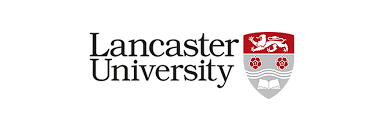

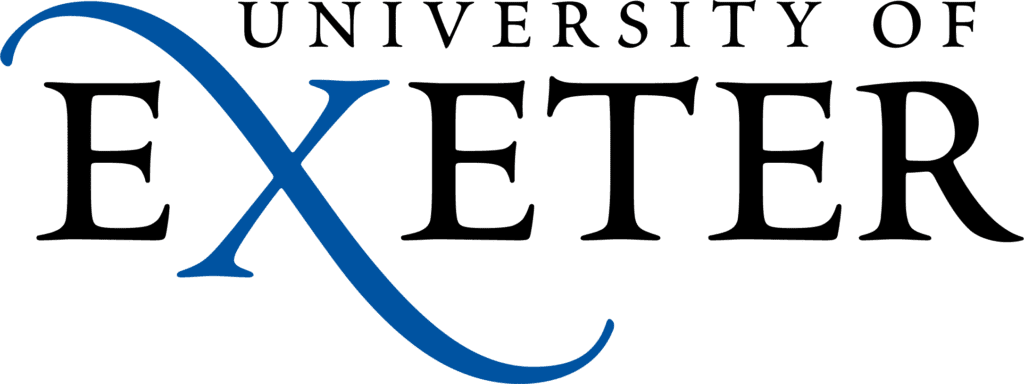
Doctoral Training Partnerships
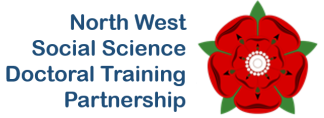

Funded by



